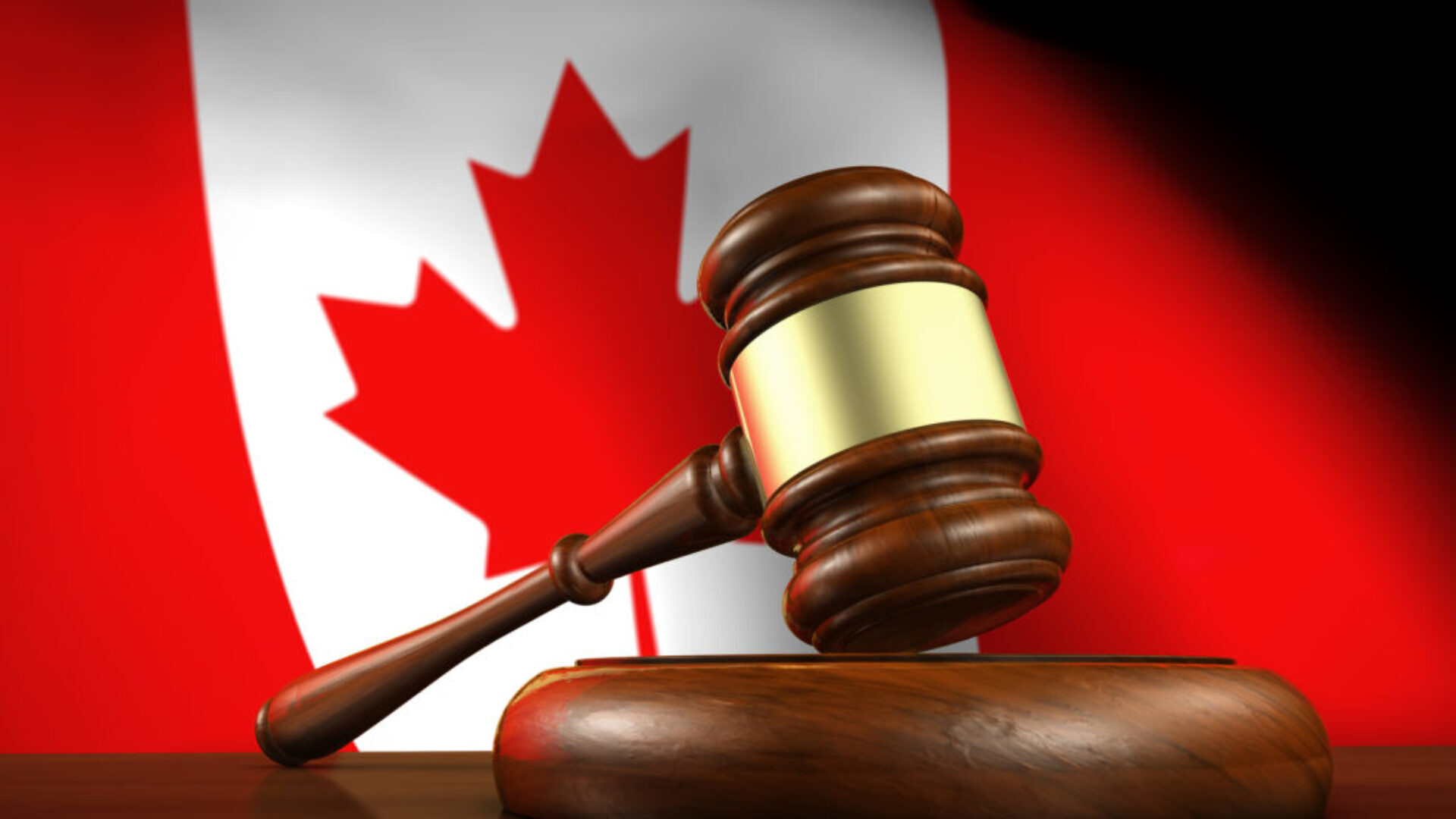Immigrate to Canada as an LGBTQ+

Immigrate to Canada as an LGBTQ+ Individual: A Comprehensive Guide
Introduction:Immigrate to Canada as an LGBTQ+
Canada has long been recognized as a global leader in promoting LGBTQ+ rights and providing a safe and inclusive environment for LGBTQ+ individuals. With progressive policies, legal protections, and a welcoming society, Canada is an attractive destination for LGBTQ+ individuals seeking to immigrate and build a life free from discrimination. In this comprehensive guide, we will explore the various pathways and considerations for LGBTQ+ individuals looking to immigrate to Canada.
Canada's Inclusive Policies
Canada has a strong commitment to LGBTQ+ rights and inclusion. Some key aspects of this commitment include:
- Legal Protections: LGBTQ+ individuals in Canada are protected from discrimination in various areas, including employment, housing, and access to services, under federal and provincial laws.
- Marriage Equality: Canada was one of the first countries to legalize same-sex marriage in 2005, ensuring that LGBTQ+ couples have the same legal rights as heterosexual couples.
- Refugee Protection: Canada recognizes persecution based on sexual orientation and gender identity as grounds for asylum, providing a safe haven for LGBTQ+ refugees fleeing persecution in their home countries.
- Gender Identity and Expression: Canadian laws protect individuals' right to express their gender identity and gender expression, including the right to access gender-affirming healthcare.
- LGBTQ+ Organizations: Canada has numerous LGBTQ+ organizations and support networks that provide resources, advocacy, and community for LGBTQ+ individuals.

Immigration Pathways for LGBTQ+ Individuals:Immigrate to Canada as an LGBTQ+
Canada offers several immigration pathways for LGBTQ+ individuals seeking to make Canada their home. Here are some of the most common routes:
- Express Entry System: The Express Entry system is a points-based immigration system that selects candidates based on factors such as age, education, work experience, and language proficiency. LGBTQ+ individuals can apply for permanent residence through Express Entry, provided they meet the eligibility criteria.
- Family Sponsorship: If you have a close family member who is a Canadian citizen or permanent resident, they may be able to sponsor you for permanent residence, irrespective of your sexual orientation or gender identity.
- Refugee and Asylum Claims: LGBTQ+ individuals who face persecution in their home countries due to their sexual orientation or gender identity can seek asylum in Canada. Canada's refugee system recognizes these grounds for protection and offers a fair process for asylum claims.
- Study Permits: LGBTQ+ individuals can come to Canada to study by obtaining a study permit. Studying in Canada can be a pathway to permanent residence through programs like the Post-Graduation Work Permit Program (PGWPP).
- Work Permits: Obtaining a work permit allows LGBTQ+ individuals to work in Canada temporarily. Some work permit holders may eventually be eligible to apply for permanent residence through pathways like the Canadian Experience Class (CEC).
- Provincial Nominee Programs (PNPs): Canada's provinces and territories have their own immigration programs, known as PNPs. Some provinces have specific streams or considerations for LGBTQ+ individuals.
- Humanitarian and Compassionate Applications: In exceptional cases, LGBTQ+ individuals who do not fit into the traditional immigration categories may be eligible to apply for permanent residence on humanitarian and compassionate grounds.

Preparation and Documentation to Immigrate to Canada as an LGBTQ+
Regardless of the immigration pathway you choose, thorough preparation and documentation are key to a successful application. Here are some important steps to consider:
- Legal Documents: Ensure your legal documents, such as passports, birth certificates, and marriage or civil partnership certificates, are in order and up to date.
- Proof of Relationship: If you are in a same-sex relationship, provide evidence of your relationship's authenticity, such as joint bank accounts, shared leases, and photos together.
- Language Proficiency: Improve your English or French language skills if necessary, as language proficiency can significantly impact your eligibility for immigration programs.
- Health Examinations: Be prepared to undergo medical examinations if required as part of your immigration application.
- Background Checks: You may need to provide police clearance certificates from your home country and any country you have lived in for an extended period.
- Consultation with Immigration Experts: Consider seeking guidance from immigration experts or legal professionals who specialize in LGBTQ+ immigration issues. They can provide personalized advice and support.
Settling in Canada & Immigrate to Canada as an LGBTQ+
Once you have successfully immigrated to Canada, you will need to adapt to your new life in this diverse and inclusive country. Here are some important aspects to consider:
- LGBTQ+ Communities: Canada has vibrant LGBTQ+ communities in major cities like Toronto, Vancouver, Montreal, and more. These communities offer social support, events, and resources.
- Legal Protections: Familiarize yourself with Canadian laws and regulations regarding LGBTQ+ rights, including marriage equality and anti-discrimination laws.
- Healthcare Access: Canada's healthcare system covers essential services, including gender-affirming healthcare. Research local healthcare providers and services in your province or territory.
- Social Services: Canada provides various social services and programs to support newcomers, including LGBTQ+ newcomers. These services can help you settle and integrate into Canadian society.
- Employment and Education: Explore opportunities for employment and education in Canada, which can be essential for building a successful life in your new home.
- Support Networks: Join LGBTQ+ support networks, both online and offline, to connect with individuals who share similar experiences and challenges.
Conclusion
Immigrating to Canada as an LGBTQ+ individual offers the prospect of a safe and inclusive environment where you can live authentically and thrive. Canada's commitment to LGBTQ+ rights, coupled with its diverse communities and immigration pathways, makes it an appealing destination for LGBTQ+ individuals seeking a better future. Remember that the immigration process can be complex, so it's essential to seek guidance from professionals and be well-prepared. Once you arrive in Canada, take advantage of the resources and support networks available to help you settle and build a fulfilling life in this diverse and welcoming country.
In case, if you need Help to Immigrate to Canada as an LGBTQ+, please fill in Application below and we Will get Back to you shortly.


